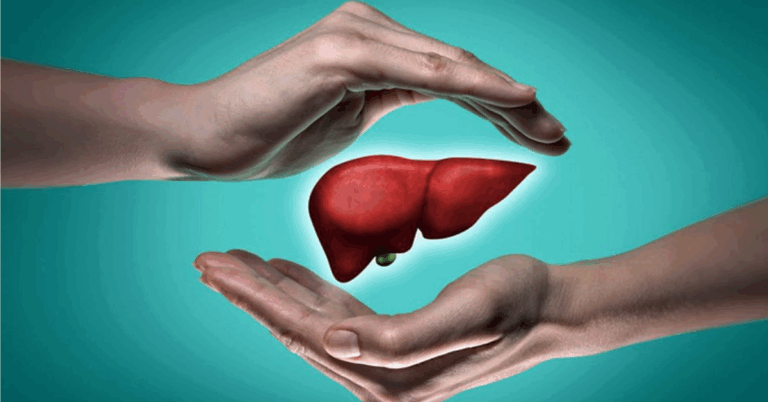The Science of Addiction Recovery: Holistic Approaches to Treatment
Addiction is often misunderstood as a choice or a moral failing, but research has shown that it is a complex disease that affects the brain’s functioning. The development of addiction involves a combination of genetic, environmental, and psychological factors that influence an individual’s vulnerability to substance abuse.
Individuals with addiction experience changes in brain chemistry and structure, leading to a compulsive desire to seek drugs or alcohol despite negative consequences. This chronic brain disease disrupts the brain’s reward system, making it difficult for individuals to control their impulses and cravings. Understanding addiction as a disease is crucial in order to provide effective treatment and support for those struggling with substance use disorders.
Addressing Physical Dependence through Medical Detox
Medical detox is a crucial step in addressing physical dependence on substances such as drugs or alcohol. This process involves safely removing the toxic substances from the body while managing and alleviating withdrawal symptoms. It is typically conducted under the supervision of medical professionals in a controlled environment to ensure the safety and well-being of the individual undergoing detox.
During medical detox, healthcare providers may administer medications to help ease withdrawal symptoms and prevent any potential complications that could arise during the detoxification process. This personalized approach ensures that the individual’s physical dependence on the substance is effectively addressed, setting the foundation for further treatment and recovery efforts. Medical detox is an essential first step in breaking the cycle of addiction and preparing individuals for the next stages of their recovery journey.
Exploring the Psychological Roots of Addiction
Addiction is a complex and multifaceted condition that often has deep psychological roots. Individuals struggling with addiction may have underlying emotional issues, trauma, or mental health disorders that contribute to their substance abuse. These psychological factors can vary from person to person but are essential to address in order to effectively treat the addiction.
Low self-esteem, unresolved grief, anxiety, depression, and other emotional struggles can fuel the cycle of addiction. Many individuals turn to substances as a way to cope with negative emotions or traumatic experiences. Understanding the psychological triggers and underlying issues that drive addictive behaviors is crucial in developing personalized treatment plans that address the root causes of addiction. By delving into these psychological factors, individuals can begin to heal from within and break free from the grips of addiction.







